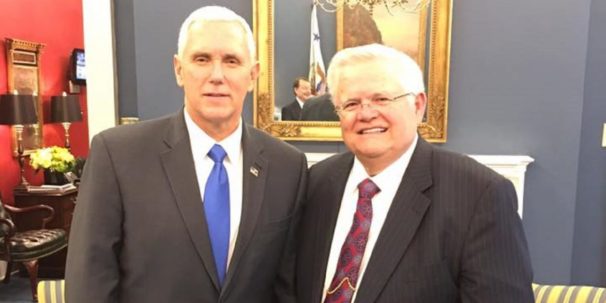
In response to Donald Trump’s announcement [December 6th] recognizing Jerusalem as Israel’s capital, Benjamin Netanyahu stated, “Jerusalem has been the focus of our hopes, our dreams, our prayers for three millennia.” Very true—however these prayers were irrevocably bound up with the coming of the messiah.
Apart from all of the political analyses about this latest maneuver, this point bears repeating: Zionism has always been, in its way, a kind of false messiah.
I’m far from the first to point this out. Back in 1928, for instance, the venerable Jewish scholar Gershom Scholem commented:
“The messianic phraseology of Zionism, especially in its decisive moments, is not the least of those Sabbatian temptations which could bring disaster to the renewal of Judaism.”
I genuinely believe that the disaster Scholem wrote has already come to pass. This zealous drive for political sovereignty and control over Jerusalem as the “eternal undivided capitol of the Jewish people” is a form of idolatry that has all but hijacked a venerable spiritual tradition. Now I fear a much more cataclysmic disaster is waiting in the wings.
Scholem’s comment about Sabbatianism is instructive in this regard. Shabbatai Tzvi, after all, was a false messiah who gained a tremendous Jewish following in the 17th century. His claim to be the chosen one who would lead the Jews back to their sovereign homeland caused so much upheaval that he was forced on pain of death to convert to Islam by the Sultan. His apostasy caused massive disillusionment and schisms throughout the Jewish world.
Shabbatai Tzvi was very much a product of his time. He arose during a period in the 1600s when a Puritan form of millenarianism was sweeping Europe. Coming primarily out of England, this ideology preached that the Jewish people would literally return to establish a sovereign state in their Biblical homeland—an event that would bring about the apocalypse and the Second Coming of Christ.
If this ideology sounds familiar to you, this is the very same millenarianism that is espoused by American Christian Zionists today. It was indeed brought to our shores by Puritan colonists.
Today, of course, Christian Zionists are most famously represented by Pastor John Hagee and Christians United for Israel (CUFI), the largest coalition of Evangelical Zionists in the world. Hagee has never made a secret of his apocalyptic religious views. In his 2007 book Jerusalem Countdown, he wrote that Armageddon might begin “before this book gets published.” He also claimed The Antichrist “will be the head of the European Union,” and that during the final battle, Israel will be covered in “a sea of human blood.” The Jews, however, will survive long enough to have “the opportunity to receive Messiah, who is a rabbi known to the world as Jesus of Nazareth.”
In Hagee’s more recent book, Four Blood Moons, he wrote: “In these next two years, we’re going to see something dramatic happen in the Middle East involving Israel that will change the course of history in the Middle East and impact the whole world.”
While one might expect Jewish leaders to keep their distance from a popular Christian pastor with extremist views such as these, Hagee has been closely embraced by Israeli governments (Netanyahu is a fixture at CUFI conventions), Jewish American politicians (former Senator Joseph Lieberman has referred to Hagee as a modern-day Moses) and prominent American Jewish leaders (Elie Wiesel once called Hagee “my pastor”).
CUFI’s Jewish Executive Director David Brog clearly serves to give cover to Christian Zionists, painting them as “mainstream” and not nearly as scary as their beliefs would indicate. Following the outcome of the recent election, however, Brog seems to smell blood in the water; he recently announced CUFI’s plans to get “a little more aggressive” in pushing its policies with the Trump administration, where it has clout and connections, particularly with Evangelical Vice President Mike Pence.
To put it mildly, Jews should be among the least of those who would seek to find common cause with one such as Mike Pence. In an extremely important piece for the Intercept, last year, reporter Jeremy Scahill convincingly argued that Pence is “the most powerful Christian supremacist in U.S. history,” concluding:

“The implications of a Pence vice presidency are vast. Pence combines the most horrid aspects of Dick Cheney’s worldview with a belief that Tim LaHaye’s Left Behind novels are not fiction, but an omniscient crystal ball.”
It should not come as a surprise that the Pence family’s last trip to Israel was funded by, you guessed it, John Hagee. Pence, who was then the governor of Indiana, took the time to meet with Netanyahu during his visit.
Now connect those dots to Trump’s announcement. When I saw Pence’s smug face peering over Trump’s shoulder, I couldn’t help but shudder.
Pray for the peace of Jerusalem.
Reprinted by permission of the author.










